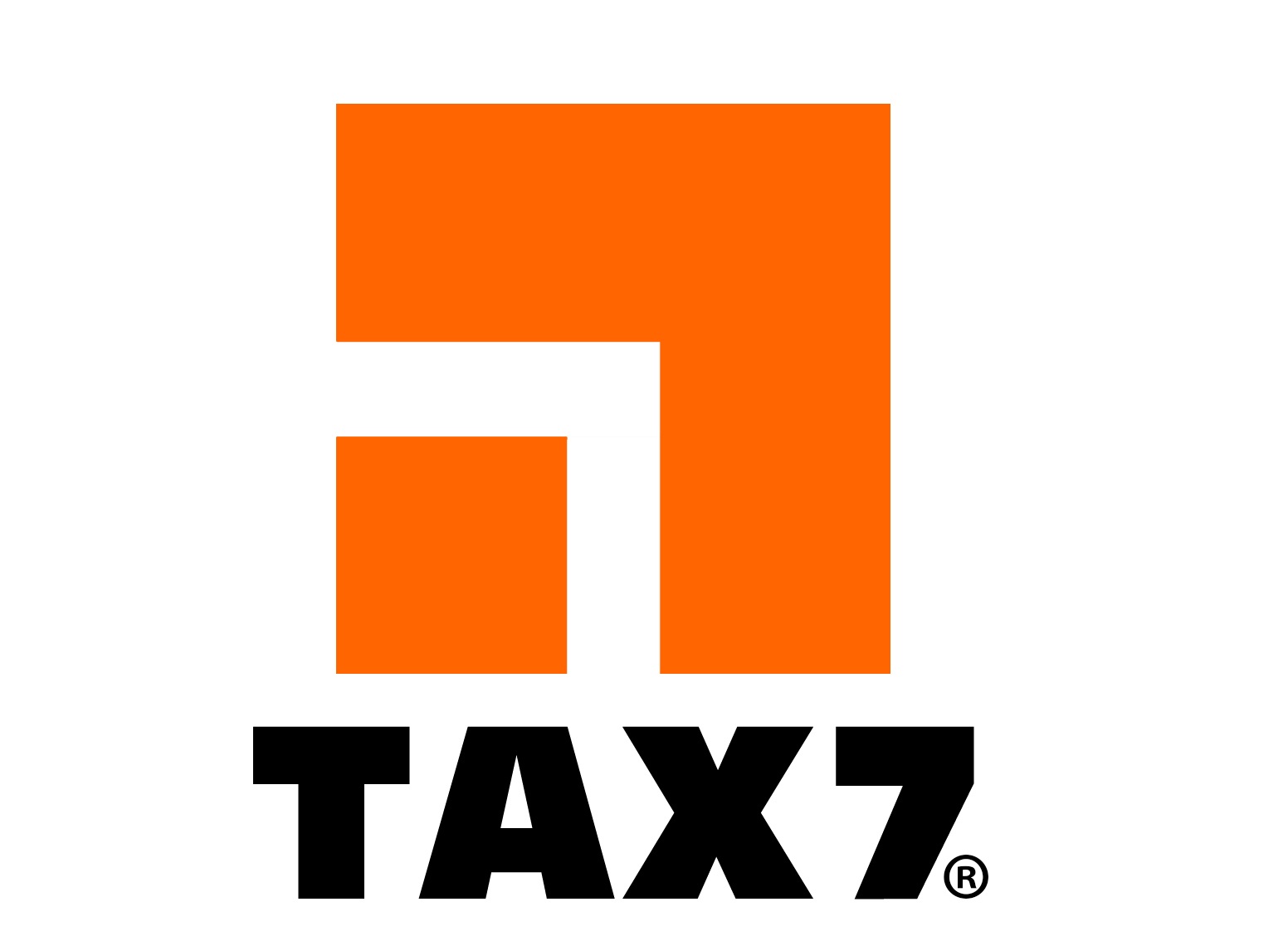Small Business Tax Guide
Everything you need to know about small business tax in Australia. Structures, deductions, BAS, GST, and how to minimize your tax legally.
Small Business Tax - Quick Summary
Small businesses in Australia can operate as sole traders, partnerships, companies, or trusts. Each structure has different tax implications. Sole traders pay personal tax rates on all business income. Companies pay 25-30% flat tax. Trusts allow income splitting among family members. All businesses must keep proper records, register for GST if turnover exceeds $75,000, and lodge tax returns and BAS on time. Tax7 helps small businesses choose the right structure and ensure full compliance from $220+GST.
Choosing Your Small Business Structure
| Structure Type | Tax Rate | Pros | Best For |
|---|---|---|---|
| Sole Trader | Personal rates (0-47%) | • Simple setup • Low cost • Easy compliance | Small income (<$90k), solo operators |
| Partnership | Partners' personal rates | • Share responsibilities • Flexible profit split • Moderate complexity | 2+ business partners, joint ventures |
| Company | 25-30% flat | • Lower tax rate • Asset protection • Professional image | Income >$90k, growth plans, asset protection |
| Trust | Beneficiaries' rates | • Income splitting • Tax flexibility • Asset protection | Family businesses, high income, estate planning |
Not sure which structure is right for you? We provide personalized structure advice as part of our tax planning service.
Get Structure AdviceEssential Small Business Tax Requirements
ABN Registration
All businesses need an Australian Business Number (ABN). Free to register, essential for invoicing and tax purposes.
GST Registration
Mandatory when turnover reaches $75,000. Register, charge GST on sales, claim GST credits on purchases, lodge quarterly BAS.
Record Keeping
Keep records of all income and expenses for 5 years. Use accounting software or our bookkeeping service for compliance.
Tax Returns
Annual tax returns due October 31 (or May if using a tax agent). Report all business income and claim eligible deductions.
Employee Obligations
If you have employees, withhold PAYG tax, pay superannuation (11.5%), and comply with Fair Work requirements.
Insurance & Protection
Consider public liability, professional indemnity, and income protection insurance. Premiums are tax deductible business expenses.
Common Small Business Tax Deductions
Operating Expenses
Professional & Other Costs
Understanding BAS and GST
What is GST?
Goods and Services Tax (GST) is a 10% tax on most goods and services sold in Australia. When your business is GST-registered, you:
- Charge 10% GST on your sales (GST collected)
- Claim back GST you paid on business purchases (GST credits)
- Pay the net difference to the ATO quarterly
What is BAS?
Business Activity Statement (BAS) is the form used to report and pay GST, PAYG withholding, and other business taxes. Most businesses lodge quarterly:
Tax7 prepares and lodges all BAS for our business clients, ensuring accuracy and on-time compliance.
Tax7's Small Business Tax Services
Companies/Trusts
per month + GST
- Full bookkeeping & compliance
- Tax returns & BAS included
Top 5 Tax Tips for Small Business Owners
1. Keep Immaculate Records
Good bookkeeping makes tax time easy and maximizes deductions. Use cloud accounting software or our monthly bookkeeping service to stay organized.
2. Separate Business and Personal
Use a dedicated business bank account and credit card. This simplifies record-keeping and ensures legitimate business expenses are clearly identified.
3. Claim All Eligible Deductions
Don't miss out on deductions for home office, vehicle, equipment, insurance, and professional fees. We search 175+ possible deductions for business clients.
4. Plan for Tax Payments
Set aside money for tax throughout the year (20-30% of profit is a rough guide). Consider PAYG installments to spread tax payments quarterly.
5. Get Professional Advice Early
Don't wait until tax time. Strategic planning throughout the year can save thousands. Book regular check-ins with us to optimize your tax position.
Related Small Business Services
Ready to Get Your Small Business Tax Right?
Get expert advice on business structures, deductions, BAS, and strategic tax planning from our small business specialists.
Contact Our Small Business Tax Team
Speak with a small business accountant today
